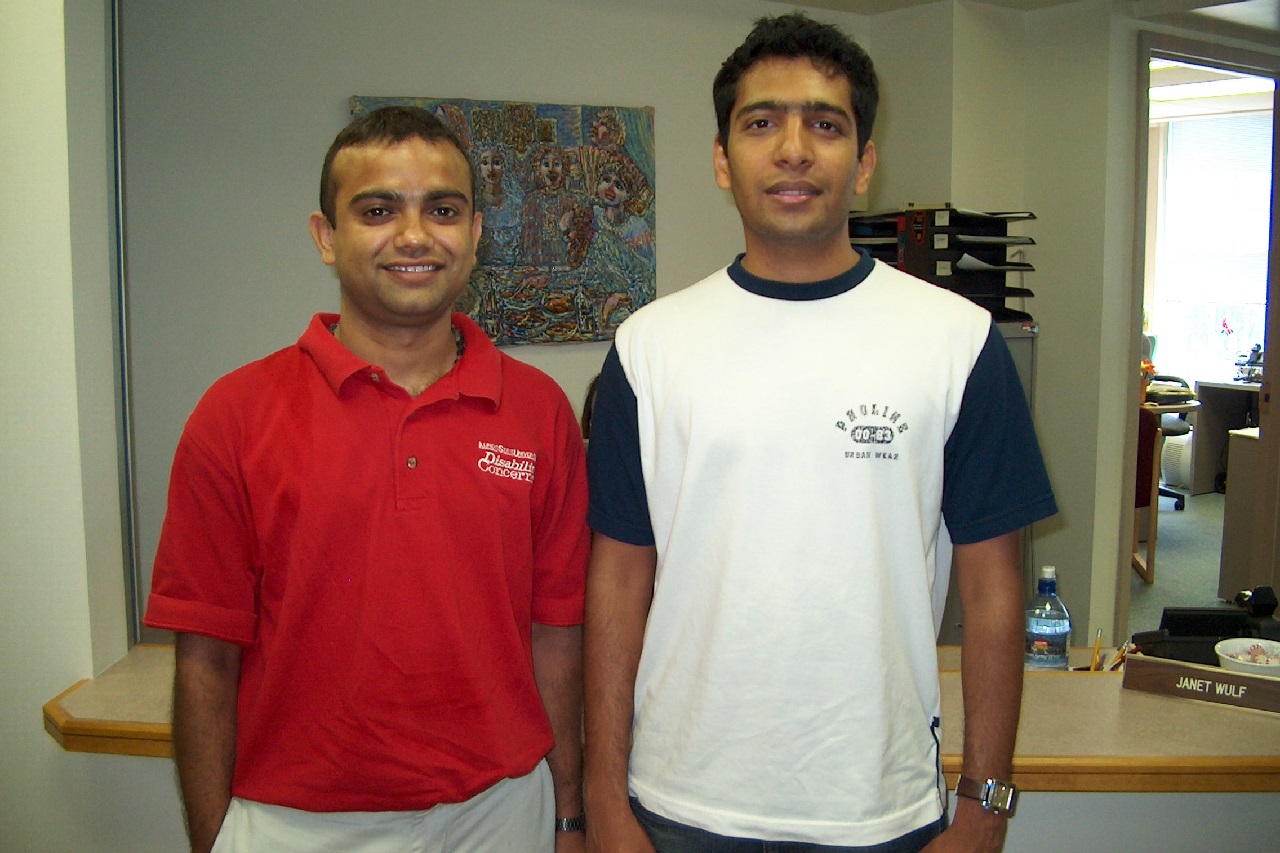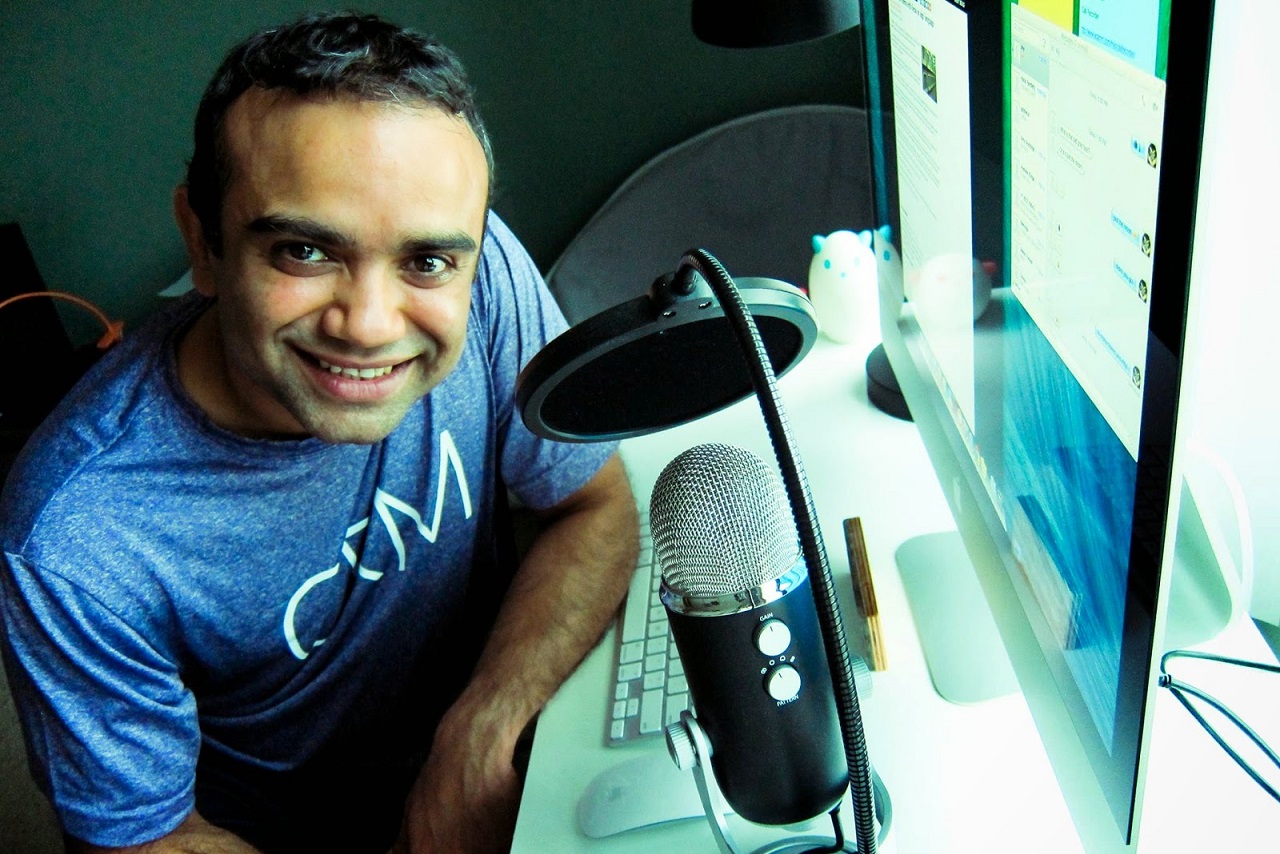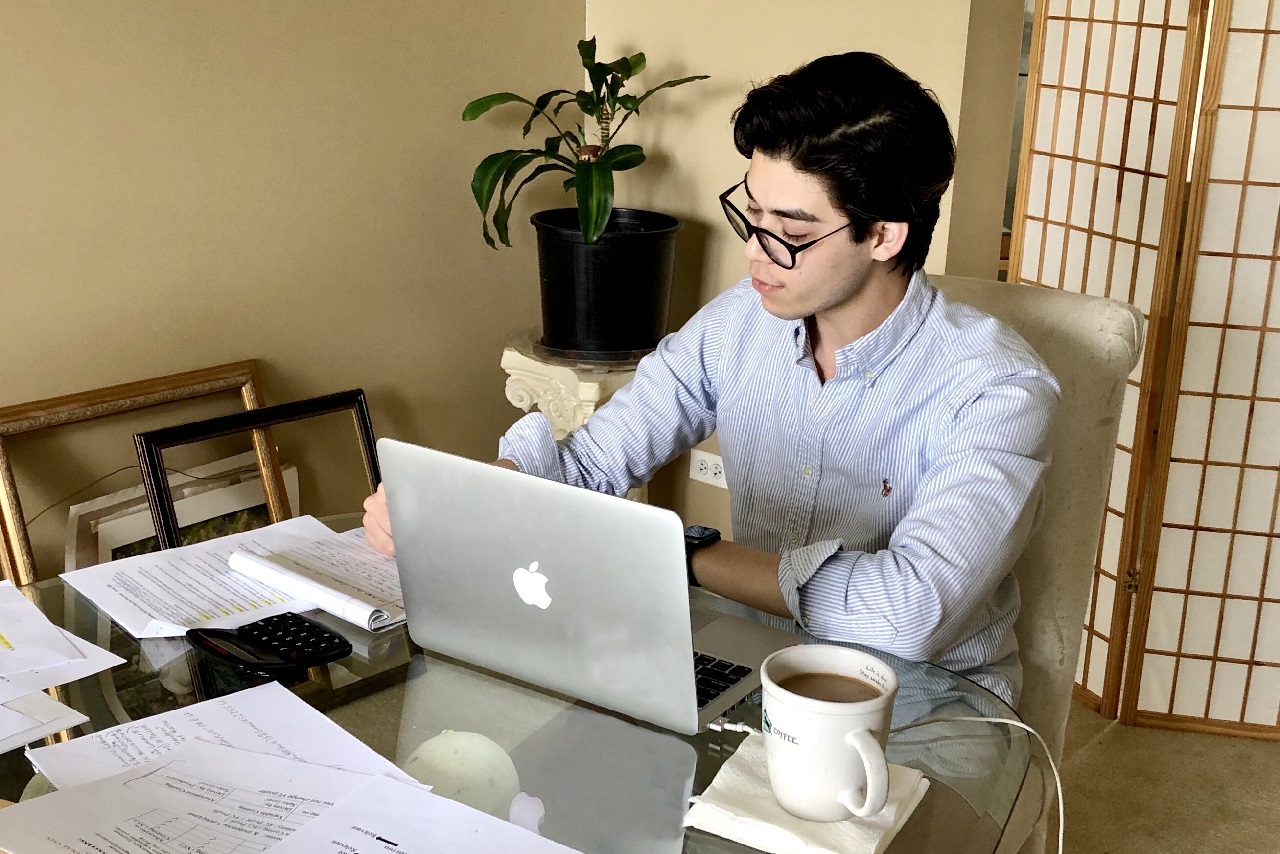When was the last time you watched a video with closed captions? Since the coronavirus (COVID-19) outbreak, many of us have remained informed through videos or live breaking news, and turning on captions to consume the media is now second nature.
Staff in Student Access and Accommodation Services have remained vigilant with the creation of closed caption files for eLearning videos. Since course work moved online in March to finish the semester, the Text Conversion Lab has transcribed videos totaling 2,750 minutes (in a one-month time period). Normally during a full semester, the lab would add closed captioning to between 1,000-2,000 minutes of videos for classrooms.
Since course work moved online in March to finish the semester, the Text Conversion Lab has transcribed videos totaling 2,750 minutes (in a one-month time period).
This drastic spike in closed caption content and reliance upon technology excites Sarah Metivier ’96, assistant director of Student Access and Accommodation Services and an alumna of the College of Arts and Sciences. Metivier has been a visionary leader in the inclusive design space for over 20 years. She has seized the pandemic as an opportunity to collaborate with campus partners and maintain accessibility in a 100% online environment.
When Metivier started working at Illinois State in 1998, she was doing audio-taped text on cassette tapes. She acknowledged just how far assistive technology has come since then. “The capabilities that exist today in Microsoft Office 365 have certainly benefited students with various disabilities as well as improved learning and cognition for students who report having no disability.”

Venkat Rao ’07 (left) as a graduate student in Student Access and Accommodation Services, where he first developed an interest in assistive technology.
Bringing accessibility to people with disabilities is a mutual passion of both Metivier and alumnus Venkatshesh Shriprasad Rao ’07. It was in Rao’s work as a graduate assistant, converting books to braille, that his interest in assistive technology was sparked. As a hobby and strong parallel to his work in IT consulting, he writes a blog with stories ranging from socially assistive robots to deaf voters’ participation in the election process.
Rao’s long-term aim is to educate able-bodied people on assistive technology, through an online book with tutorial videos. He dreams of the day that people with disabilities are inherently thought of when building technology. Get a look at amazing innovations, like a fanny pack exoskeleton to improve walking in children with cerebral palsy, on Rao’s Facebook page.

Today Rao ’07 writes a technology blog about mobile apps and software that make life easier for people with disabilities.
Undoubtedly, Student Access and Accommodation Services has played a key role in keeping our Redbirds learning. “I am excited about the lessons learned from this time so we can continue to move the needle in universal design for learning,” shares Metivier.
Metivier and Jen Bethmann, web accessibility coordinator, will be presenting in November 2020 at the Accessible Media, Web and Technology Conference. Help them shape their presentation by sharing a story of how you’ve seen accessibility built into e-learning environments for students with disabilities during COVID-19.

